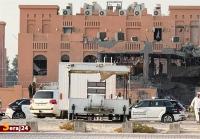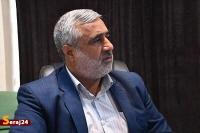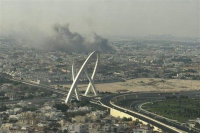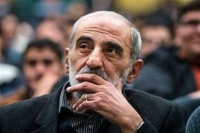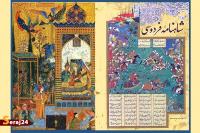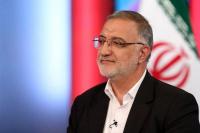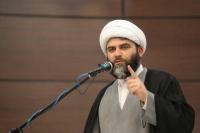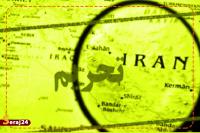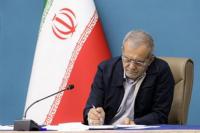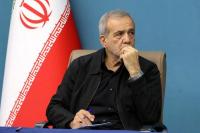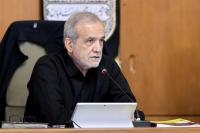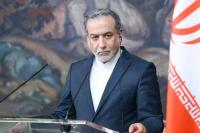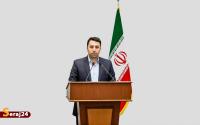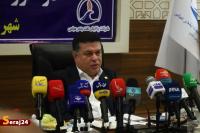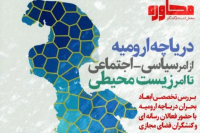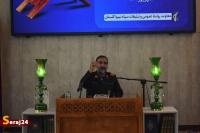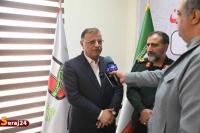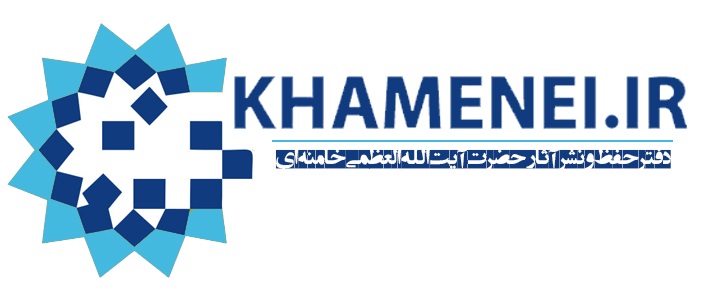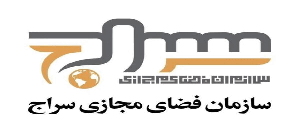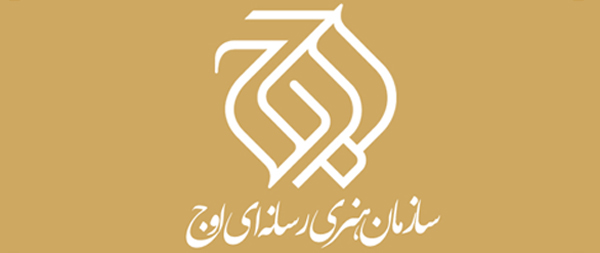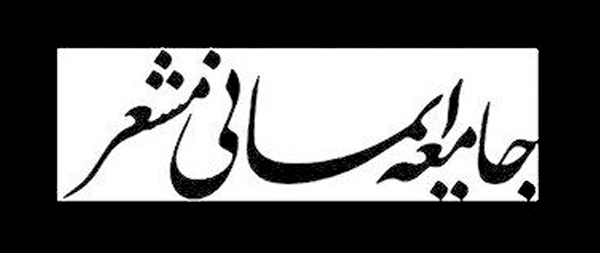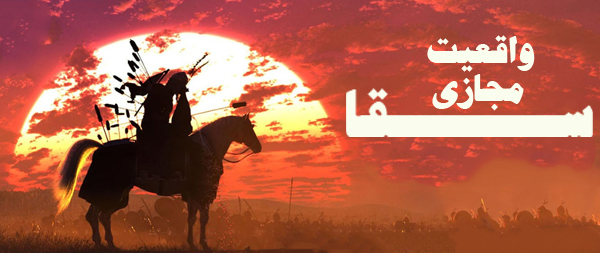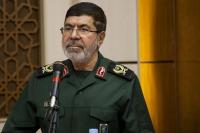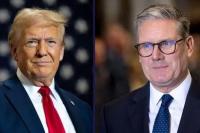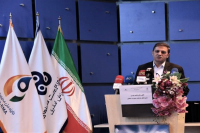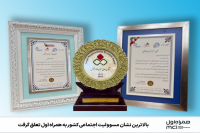
"The victory of the Islamic Revolution and its growing trend in the region and the world resulted in damage and failure for the enemies just like (the outcomes of) a big political, social and cultural tsunami," Saeedi said in the Southern Bushehr province today.
"The Islamic Revolution has disturbed the enemies' equations for design a unipolar world based on the cultural, political, social and economic interests of the expansionist arrogant powers and monopolist hegemonic powers and the capitalists and firm holders," he added.
Disappointed at preventing the growing trend of the Islamic Revolution, the enemies have now resorted to sanctions, diplomacy and military threats to stop and eliminate Iran and its growing role and clout.
Despite the rules enshrined in the Non-Proliferation Treaty (NPT) entitling every member state, including Iran, to the right of uranium enrichment, Tehran is now under four rounds of UN Security Council (UNSC) sanctions and the western embargos for turning down West's calls to give up its right of uranium enrichment.
Tehran has dismissed the West's demands as politically tainted and illogical, stressing that sanctions and pressures merely consolidate Iranians' national resolve to continue the path.
Tehran has repeatedly said that it considers its nuclear case closed as it has come clean of IAEA's questions and suspicions about its past nuclear activities.
Political observers believe that the United States has remained at loggerheads with Iran mainly over the independent and home-grown nature of Tehran's nuclear technology, which gives the Islamic Republic the potential to turn into a world power and a role model for the other third-world countries.









